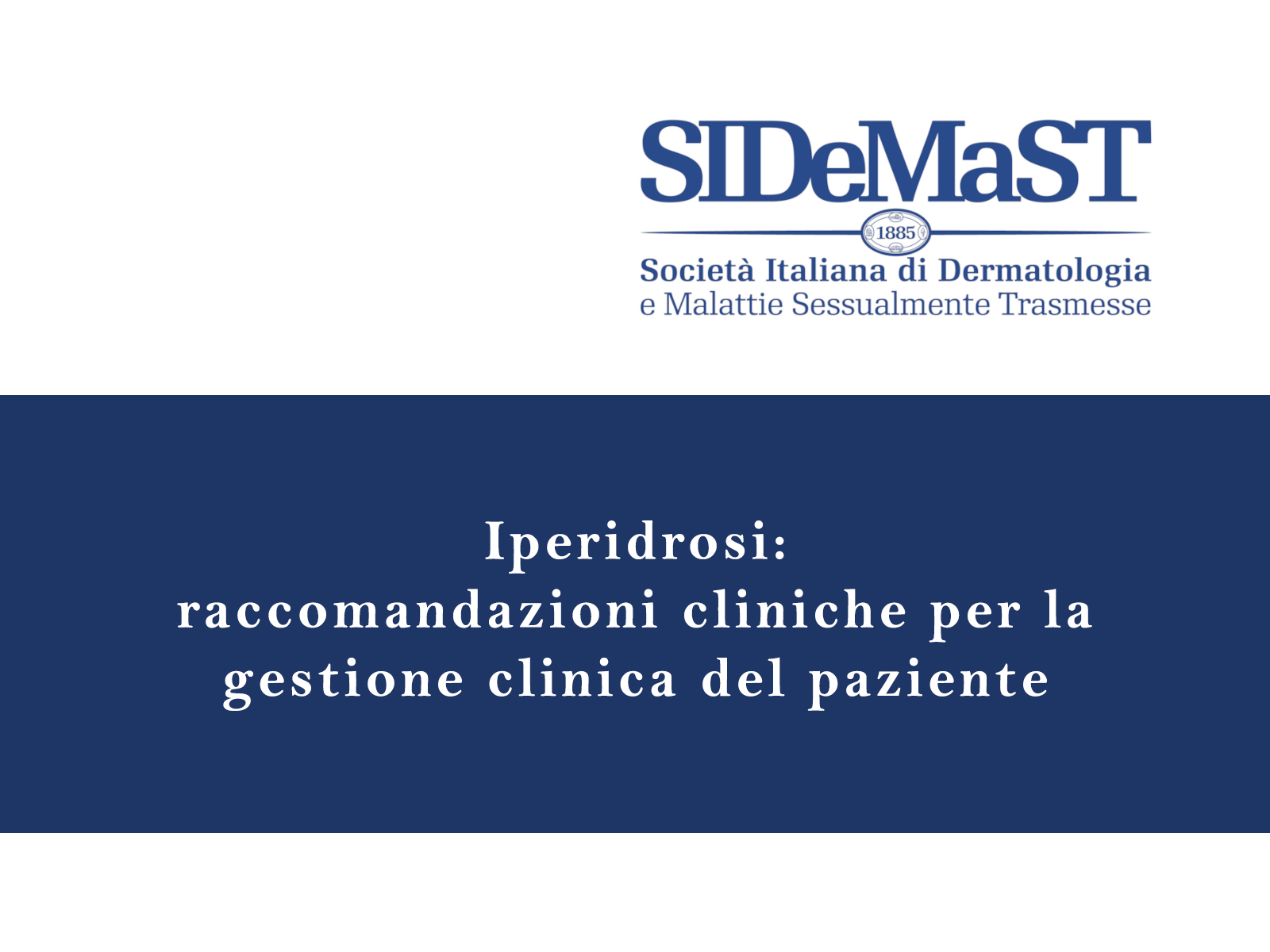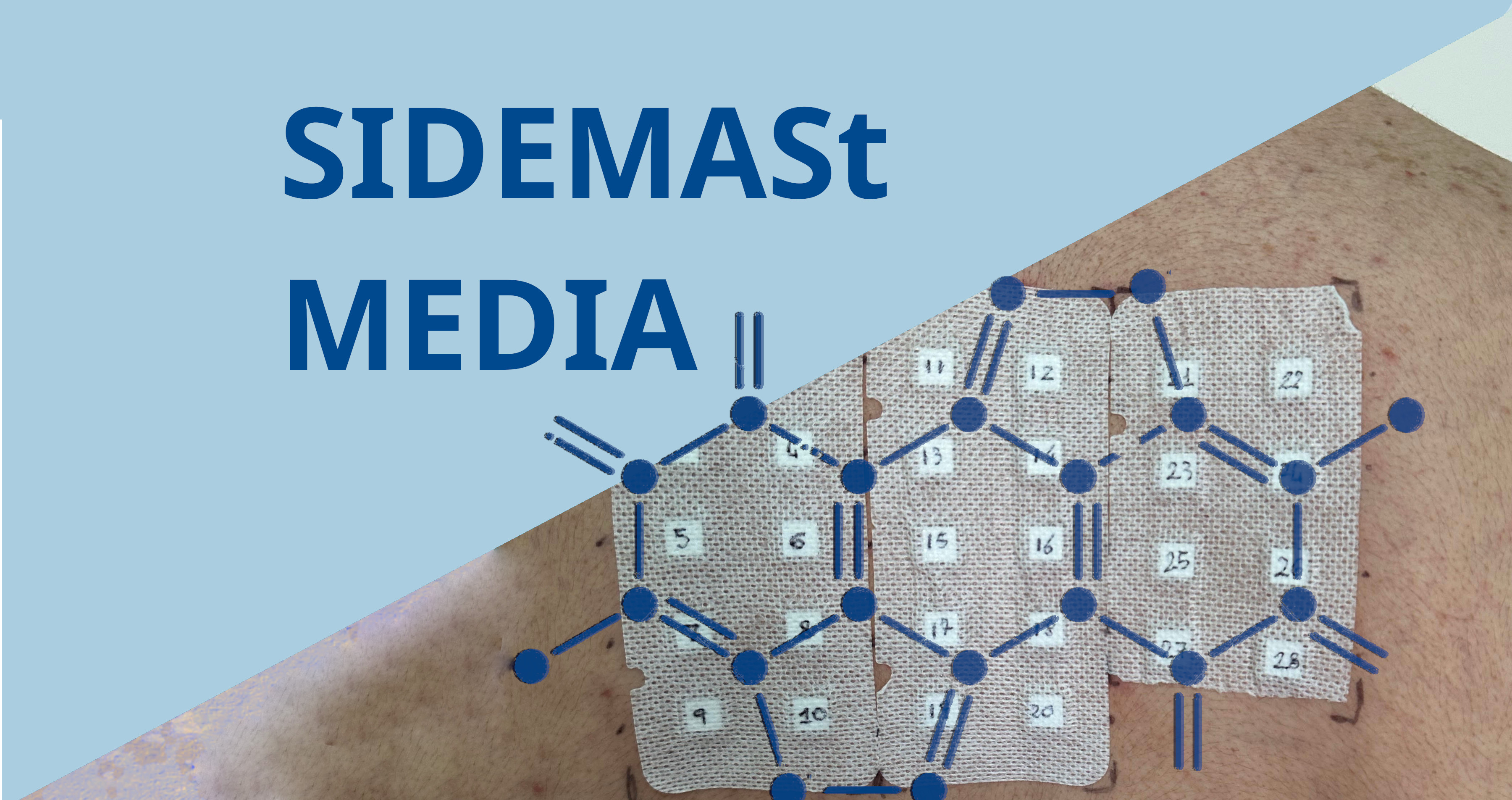Adding indoximod to pembrolizumab improved response rates for patients with metastatic melanoma, according to interim results of a phase 2 study presented here on April 4 at the 2017 Annual Meeting of the American Association for Cancer Research (AACR).
The addition of indoximod to pembrolizumab provided an objective response rate (ORR) of 52%, reported Yousef N. Zakharia, MD, Department of Internal Medicine, University of Iowa, Iowa City, Iowa.
The indoleamine 2,3-dioxygenase (IDO) pathway is a key counter-regulatory mechanism that normally inhibits immune responses when appropriate. Small-molecule inhibitors of the IDO pathway, such as indoximod, are an increasingly validated class of potential cancer therapeutics.
In the phase 2 study, patients with metastatic melanoma received indoximod 1200 mg twice daily every 21 days plus a standard of care checkpoint inhibitor (ipilimumab, pembrolizumab, or nivolumab), which was decided by the treating physician.
Most patients received pembrolizumab 3 mg/kg every 21 days, and these are the patients that were included in the current analysis.
The primary endpoint was best overall response, defined as an ORR (complete response rate plus partial response rate) per site reported RECIST criteria.
At time of data cut-off, 60 patients had received indoximod and pembrolizumab and were evaluable for response, defined as having at least 1 follow-up imaging study performed.
Of the patients, 31 had an overall response, for an objective response rate of 52%. A complete response was achieved by 5 patients (8%).
The most frequently reported adverse events (>=20% of patients) were fatigue, diarrhoea, nausea, arthralgia, headache, cough, rash, pruritus, and hypertension. The most frequently reported laboratory abnormalities were anaemia (17%) and hyperglycaemia (17%).
[Presentation title: Interim Analysis of the Phase 2 Clinical Trial of the IDO Pathway Inhibitor Indoximod in Combination With Pembrolizumab for Patients With Advanced Melanoma. Abstract CT117]










